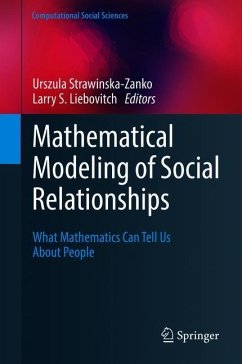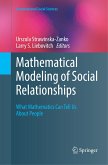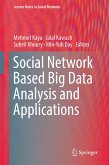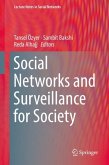This edited volume presents examples of social science research projects that employ new methods of quantitative analysis and mathematical modeling of social processes. This book presents the fascinating areas of empirical and theoretical investigations that use formal mathematics in a way that is accessible for individuals lacking extensive expertise but still desiring to expand their scope of research methodology and add to their data analysis toolbox.
Mathematical Modeling of Social Relationships professes how mathematical modeling can help us understand the fundamental, compelling, and yet sometimes complicated concepts that arise in the social sciences. This volume will appeal to upper-level students and researchers in a broad area of fields within the social sciences, as well as the disciplines of social psychology, complex systems, and applied mathematics.
Mathematical Modeling of Social Relationships professes how mathematical modeling can help us understand the fundamental, compelling, and yet sometimes complicated concepts that arise in the social sciences. This volume will appeal to upper-level students and researchers in a broad area of fields within the social sciences, as well as the disciplines of social psychology, complex systems, and applied mathematics.








